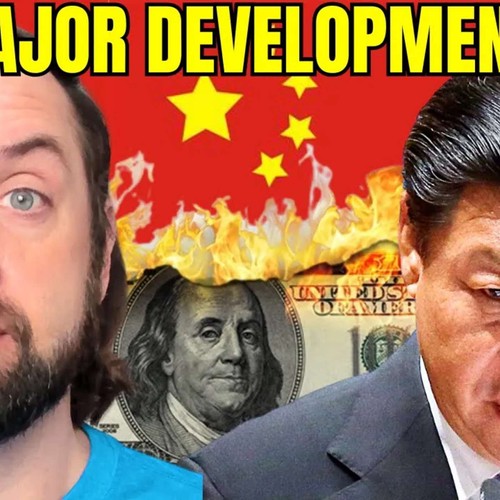
 Eurodollar University
Eurodollar University China Just Flipped After 14 Years – Here's How It Will Impact the World
Dec 10, 2024
China is undergoing a significant shift in its monetary policy after 14 years, facing serious economic challenges. The government's recent attempts at stimulus have met skepticism, revealing the limitations of their past efforts. Consumer inflation has hit a five-month low, raising doubts about recovery strategies. With bond yields at record lows and tepid market reactions, the global implications of this shift could be profound, hinting at a potential ripple effect on worldwide economies.
Chapters
Transcript
Episode notes
